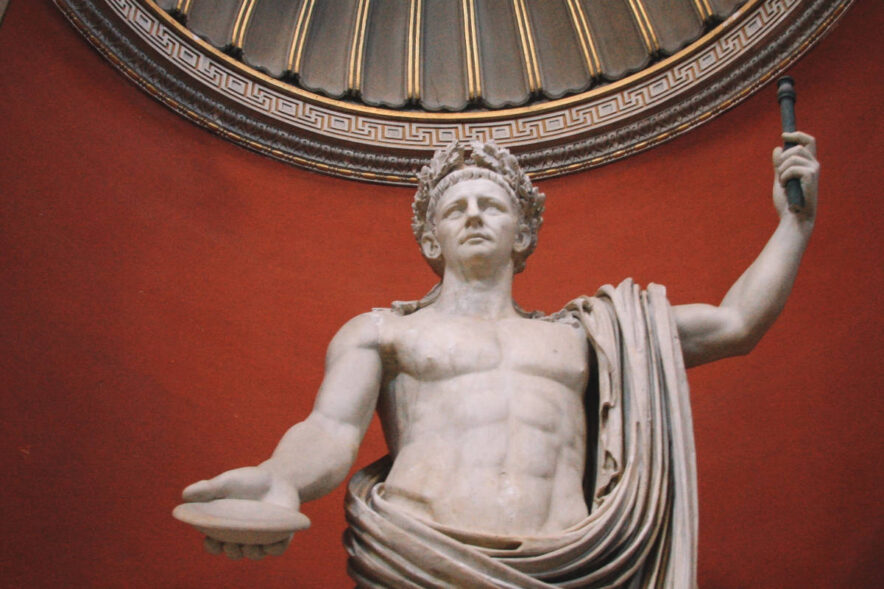(Not a reader? Take a listen instead ⇓) The appearance of Jesus on the Jewish scene was a dramatic...
Tag: pandemic
Showed 1 to 2 posts out of 2 total under "Tag: pandemic" category.
(Not a reader? Take a listen instead ⇓) Christianity in the first century was a spiritual explosion, fueled...




